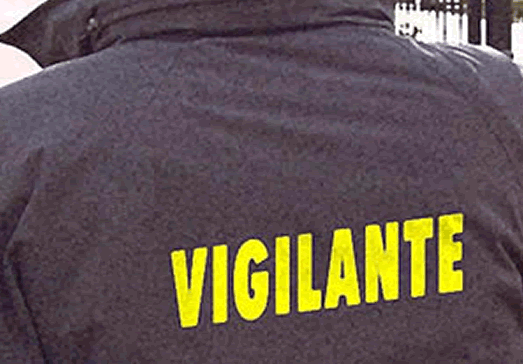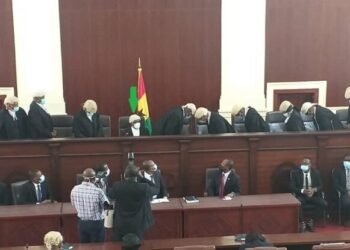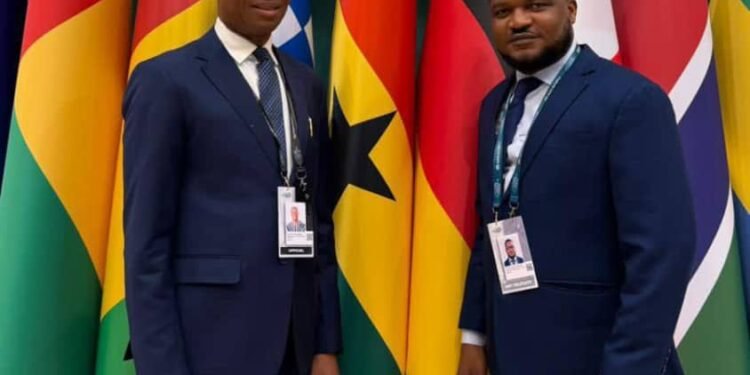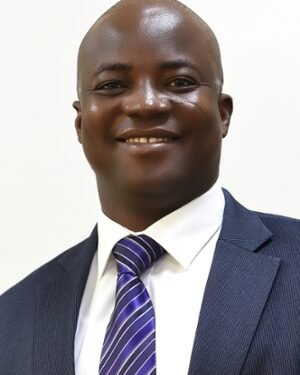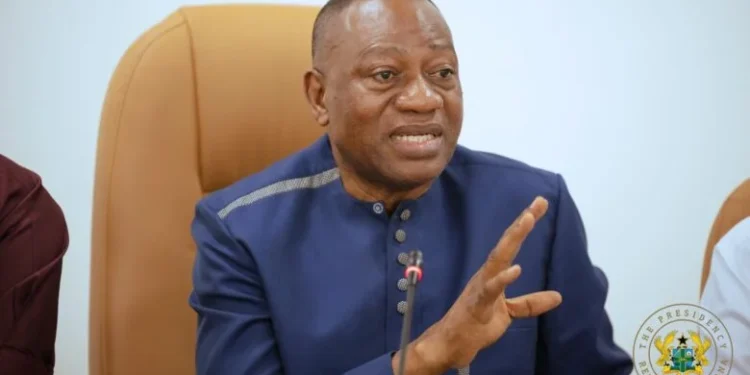In the wake of the recent Ablekuma North parliamentary rerun, concerns over Ghana’s security framework have intensified as NPP Communicator Dennis Miracles Aboagye openly criticized the effectiveness of the anti-vigilante law.
Citing a troubling lack of preparedness on the part of security personnel during the rerun, Aboagye expressed frustration over what he described as systemic failures that left both police officers and citizens exposed to violence and intimidation.
“The police were unable to protect themselves during the Ablekuma North parliamentary rerun because they were sent there with no weapons, their hands in their pockets, and expected to fight off hoodlums with weapons. Clearly, that’s the state sending their men out there to be sacrificed.”
Dennis Miracles Aboagye
The anti-vigilante law, officially known as the Vigilantism and Related Offences Act, 2019 (Act 999), was introduced to dismantle illegal vigilante groups and ensure peaceful political participation.
The law criminalizes the formation and operation of vigilante organizations, particularly those with political or land-guard affiliations. Offenders face severe penalties, including imprisonment, aimed at curbing electoral violence and safeguarding democratic processes.
However, in light of recent events, Aboagye questioned its effectiveness and whether the law might have unintentionally created a security vacuum.
He argued that the police’s inability to safeguard themselves and the public during the rerun has become undeniable, indicating that enacting Act 999 may have been a strategic error.
Aboagye’s comments implied that although the law was created with good intentions, it may have inadvertently weakened authorized security structures while failing to effectively deter criminal elements.
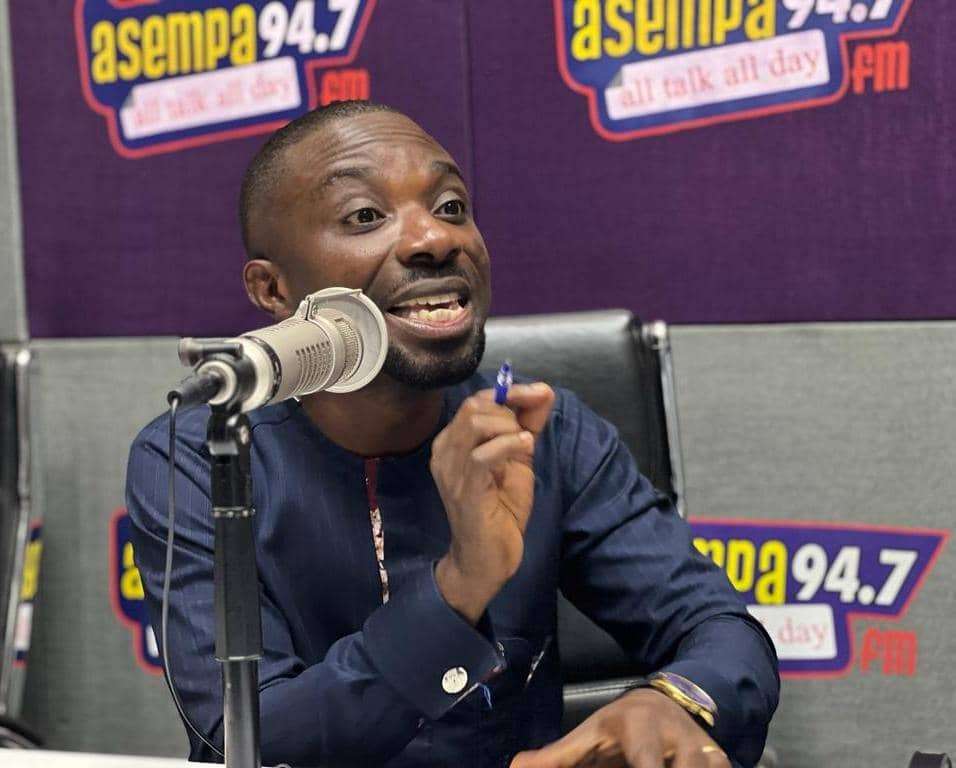
He also lamented the absence of public condemnation from national leaders in the aftermath of the electoral violence. “It’s been 24 hours and the President is yet to make a simple post condemning the shameful act,” he noted.
Aboagye suggested that the apparent lack of response from leadership only serves to encourage those responsible and erodes public confidence in democratic institutions.
He further observed that certain leading figures within the NDC appeared to justify the recent violence by referencing previous incidents, such as the one at Ayawaso West, in an attempt to legitimize the actions seen during the rerun. “Sam George is saying they just started.”
NPP Security Reform Urged After Ablekuma North Rerun
Beyond the Ablekuma North incident, Dennis Aboagye recalled a pattern of politically motivated violence in Ghana’s electoral history, naming Talensi, Chereponi, Atiwa, and Akwatia as earlier examples of unrest.
For him, the current situation is part of a wider trend that needs urgent attention. “It’s all absolute madness that must end, and the Government must lead the way, not make reckless statements.”
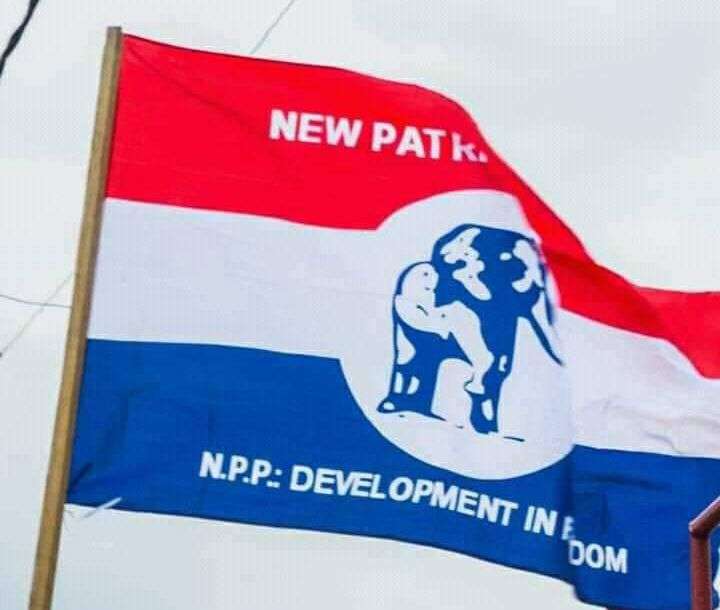
Rather than depending solely on national institutions, Aboagye proposed internal measures within the New Patriotic Party to address the growing sense of vulnerability.
He recommended the establishment of a “Protection Committee” to ensure the safety of party operatives and ordinary citizens during election activities.
“Lessons learnt. It’s time for the New Patriotic Party to activate a Protection Committee to ensure the safety of all of its party functionaries and other citizens on Election Day. I am sure we know what to do.”
Dennis Miracles Aboagye
This suggestion hints at a potential shift in political strategy, as the NPP seeks to adapt to an evolving security landscape where conventional protections appear insufficient.
Aboagye pointed out that the fight against vigilantism must be balanced with practical provisions for the protection of democratic actors.
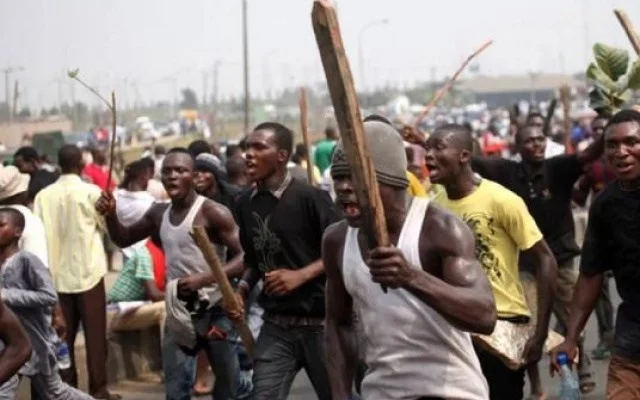
While the anti-vigilante law was passed with bipartisan support to clamp down on electoral violence, critics now argue that enforcement and implementation have left much to be desired.
Concluding his remarks, Aboagye made a passionate appeal against violence in any form, warning that political differences should never escalate into physical confrontations. “Violence has no place in our democracy.”
He emphasized that chaos endangers everyone, regardless of party affiliation. “The bullet knows no political colours, and in chaos, everyone is at risk,” he warned.
As Ghana continues to navigate its democratic evolution, the Ablekuma North rerun and the ensuing debate over the anti-vigilante law may serve as a turning point.
Aboagye’s critique underscores the urgency for both government and political parties to reassess the current security protocols in place for elections—and to do so in a way that reinforces, rather than undermines, public confidence in democratic governance.
READ ALSO: Joke Silva Celebrates Olu Jacobs at 83 in Emotional Note

